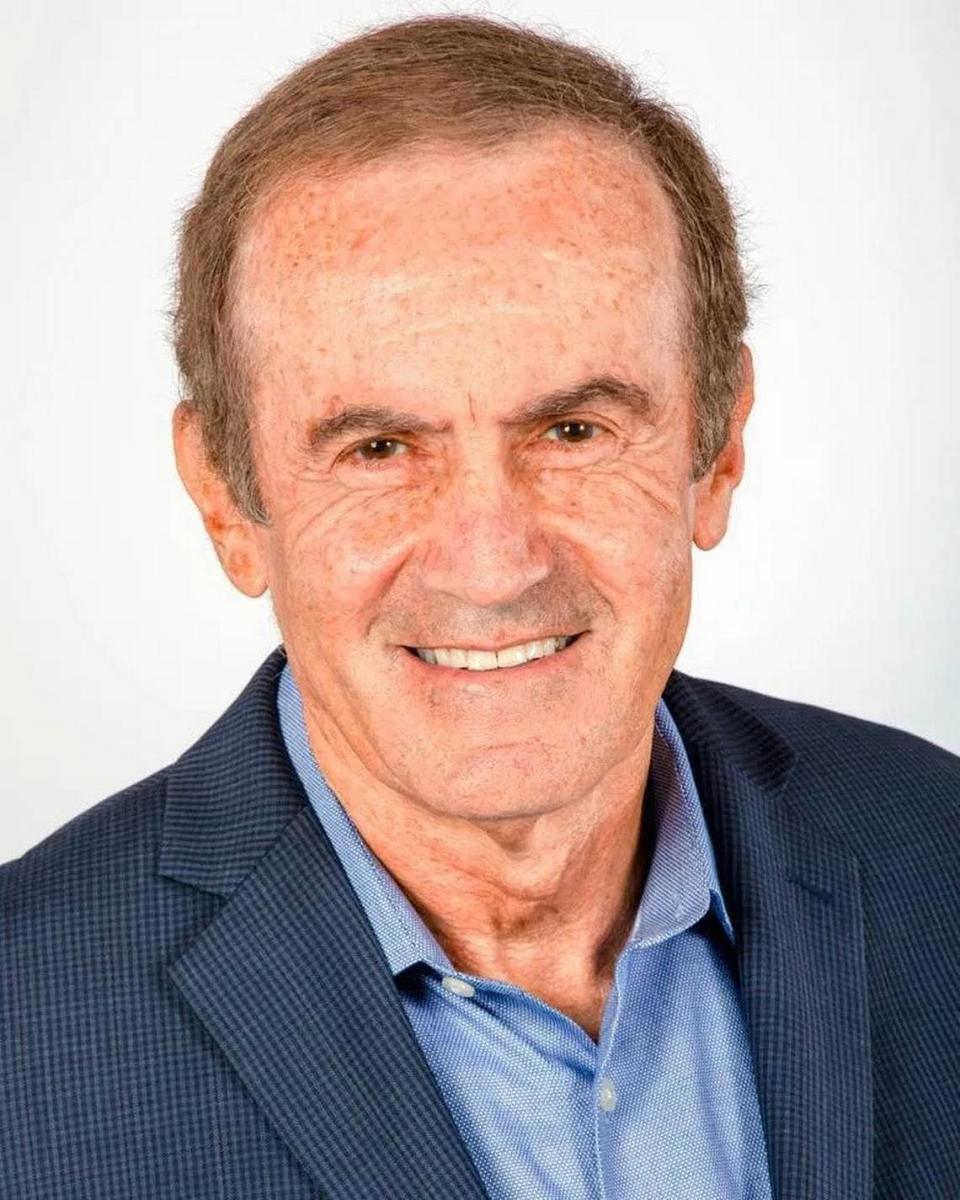Mexico’s president sounds increasingly radical. Is a clash with Washington imminent? | Opinion
This is getting little attention in the United States, but should sound alarm bells across the Americas: Mexican President Andrés Manuel López Obrador seems to be moving increasingly toward radical populism as he nears the end of his six-year term.
López Obrador, perhaps to deflect public attention from a stagnant economy, rising inflation, growing poverty rates and violence by organized crime groups, is making headlines by defying the United States and becoming more vocal in his defense of Cuba and other leftist dictatorships. Consider:
▪ In recent weeks, López Obrador has stepped up his rhetoric against the United States and Canada’s formal complaint that his government is discriminating against their private energy companies, a possible violation of the U.S.-Mexico-Canada free-trade agreement (USMCA).
He said Mexico’s free-trade deal with the United States can’t come “at the cost of our dignity” and announced that he will respond to the U.S. complaint at a military parade to commemorate Mexico’s Independence Day on Sept. 16. That sounds like a bad omen.
Economists say the possibility of a USMCA trade spat could cost Mexico between $10 billion and $30 billion in tariffs and is causing high anxiety in U.S. and Mexican business circles. Mexico depends on the U.S. market for more than 78% of its export income.
▪ López Obrador proudly announced recently that he has hired 500 Cuban doctors to work in Mexico under a contract with Cuba’s government. Human-rights groups say the regime’s state-run business of exporting medical doctors amounts to modern-day slavery, because the Cuban government keeps the bulk of the doctors’ foreign wages.
On his decision to hire Cuban doctors, López Obrador said on July 23 that, “It’s an instruction that I myself gave, knowing what would be the response of our adversaries, the conservatives.”
▪ On Aug. 13, on the occasion of the late Cuban dictator Fidel Castro’s birthday, López Obrador’s party, Morena, tweeted that Castro’s “history, his struggle and resistance are to this day a synonym of dignity for millions of human beings around the planet.”
▪ In June, López Obrador boycotted President Joe Biden’s Summit of the Americas in Los Angeles, after saying that he would not attend the meeting unless Cuba, Venezuela and Nicaragua were also invited. López Obrador’s absence was a major blow to Biden’s summit, which was the U.S. president’s first chance to meet with the majority of Latin American and Caribbean leaders.
▪ Mexico is one of the few countries that abstained in a recent Organization of American States’ vote that condemned Nicaragua for its attacks on the Roman Catholic Church and urged it to release all political prisoners. The resolution was supported by 27 countries, including Argentina, whose left-of-center populist government usually votes alongside Mexico in international organizations.
▪ Perhaps more ominously for Mexico’s future, López Obrador in recent months has increased his verbal tirades against the National Electoral Institute, a respected independent agency that monitors Mexico’s elections. This is triggering fears among government critics that López Obrador may try to rig the 2024 elections.
López Obrador says he will leave office at the end of his term in 2024, but some opposition politicians are skeptical. Most believe that he will indeed step aside, but only after twisting the rules seeking to ensure that his Morena party remains in power.
The most likely reason for López Obrador’s radicalization these days is that things are not going well in Mexico, and he’s playing to his base.
While he is still enjoying high popularity ratings, thanks to massive social subsidies that may be hard to maintain in the long run, his popularity is at 60%, down from 81% in early 2019, according to the Oraculus polling firm. And López Obrador lost his absolute majority in Congress in last year’s midterm elections.
The number of poor in Mexico is projected to rise between 1.6 million and 2.5 million people this year, according to U.N. Economic Commission for Latin America and the Caribbean estimates.
If Mexico’s economy remains sluggish and poverty keeps growing, I wouldn’t be surprised if López Obrador becomes even more radicalized.
That’s what all populists — whether it’s López Obrador, or Donald Trump — do when things go badly: They cater to the extremes to ensure themselves a loyal base of die-hard followers and polarize the citizens of their countries to remain at center-stage. It’s not good for Mexico, or for America.
Don’t miss the “Oppenheimer Presenta” TV show on Sundays at 7 pm E.T. on CNN en Español. Twitter: @oppenheimera; Blog: www.andresoppenheimer.com


 Yahoo Movies
Yahoo Movies 